© 2015 The Texas Lawbook.
By Natalie Posgate
(Aug. 13) – Last year, Mike Lynn won the biggest feat in his career and, possibly, the biggest in North Texas courtroom history: a $535 million jury verdict for client Energy Transfer Partners.
And now, over a year later, Lynn has accomplished an equally impressive – though much more physically taxing – milestone: a 700-mile hike on the Appalachian Trail. Lynn returned to his practice at Lynn Tillotson Pinker & Cox last week, about a month after his June 28 homecoming from the three-month hike, which took him through the Georgia, Tennessee, North Carolina, Virginia, New Hampshire and Maine segments of the trail.
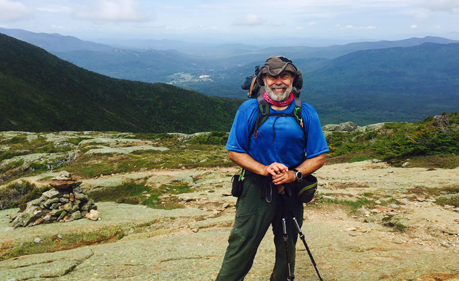
Lynn said backpacking the Appalachian Trail had been a lifelong dream of his, and one that he would soon lose if he did not go forth with it.
“It was a challenge I needed to experience; I needed to take it at 65 or lose it,” said Lynn, who celebrated his birthday on the trail. “It was really important to me to be able to challenge myself away from the office and away from whatever position I had – away from money and away from assistants – and see whether or not I could survive. I proved to myself I could, and I’m very proud of that.”
Lynn decided to take the plunge despite undergoing two knee replacements in the past two years. The obstacle, however, provided him with a killer trail name: TinMan. The trail was an alternate universe for Lynn, known in Texas as a “pit bull” trial lawyer, because other hikers did not know he was a lawyer, and “the ones who did didn’t care.”
He said he thoroughly enjoyed the people he met on the trail – never meeting one jerk his entire trip – and his encounters with them will better him as a lawyer.
“I think I can relate to people more. It was interesting talking to people about their lives,” Lynn said. “I believe a lot of the lessons of the trail probably translate very freely to how we ought to treat one another, which is probably what trials are all about in the first place.
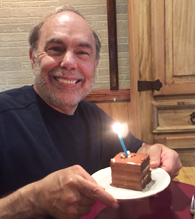
Favorite moments from Lynn’s journey included reaching Neel’s Gap in Georgia – where 25 percent of hikers abandon the trail – and reaching the top of Mount Washington in New Hampshire, where he has a family connection.
As a young engineer for Bell Helicopter, Lynn’s father, who is now 89, was sent to Mt. Washington one winter to sport a parka while developing and testing deicing systems for the Model 47 helicopter, which was used in the Korean War. At one point he had to descend Mt. Washington, widely known as “the most dangerous little mountain” in the world, which Lynn said “became a giant myth of bravery” in his family.
While hiking, Lynn stayed connected with the world by way of his blog and phone calls with his wife, U.S. District Judge Barbara M.G. Lynn (and only one time, a conference call with a client) when he had reception. Lynn said the transition to often having no cell phone bars was not an issue, except for April 27 – the day his second granddaughter was born.
Lynn received a message that his daughter was going to the hospital, but he didn’t know whether the reason was problematic.
He tried running up to the top of a ridge in the Great Smoky Mountains to get a stronger signal, but “running with 35 pounds on your back doesn’t last very long,” and he was forced to stop and set up camp for the night.
“I find it ironic that I was disconnected at the time I wanted to have the most connection,” he said. “I woke up the next morning to a picture of my granddaughter and a message that my daughter was OK that somehow made it to my phone despite no service. I had no outwardly idea how it got there other than God let it through.”
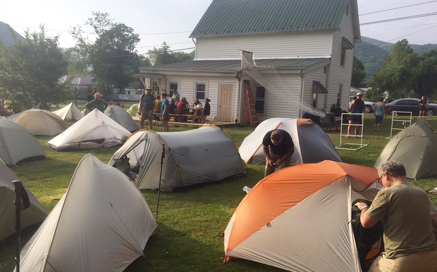
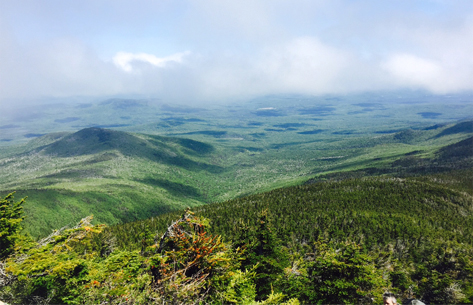
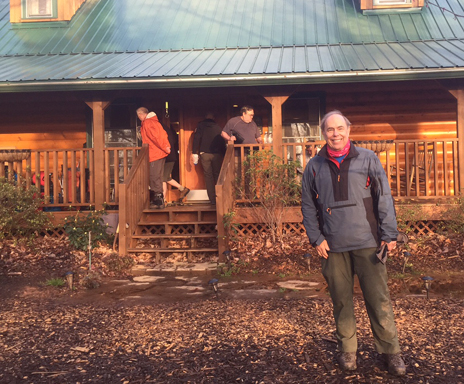
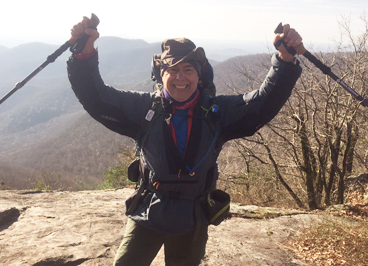
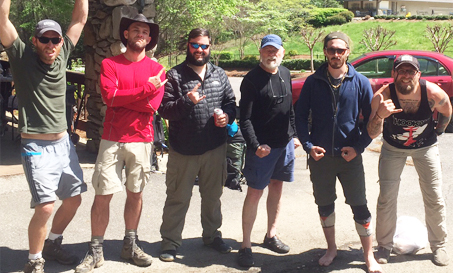
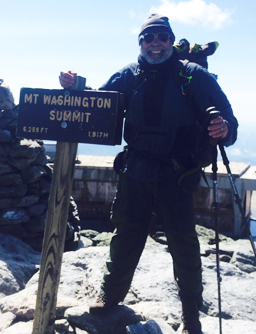
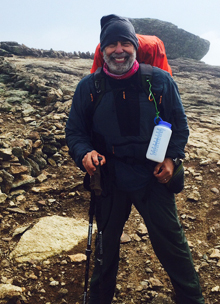
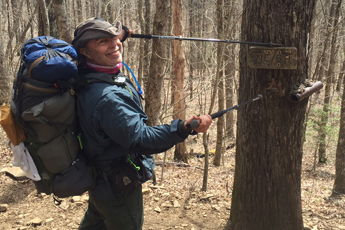
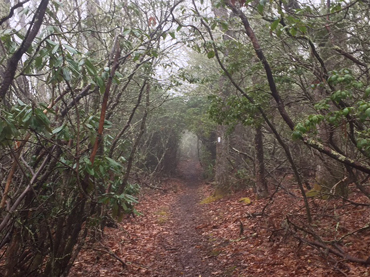
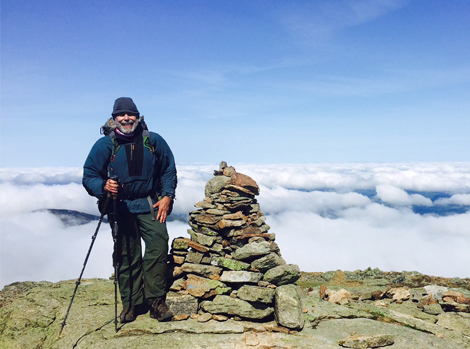
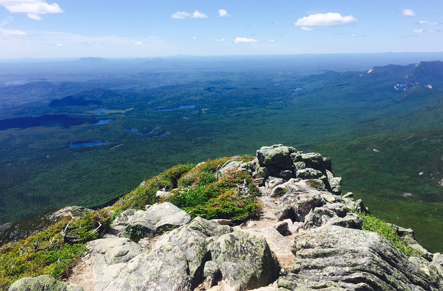
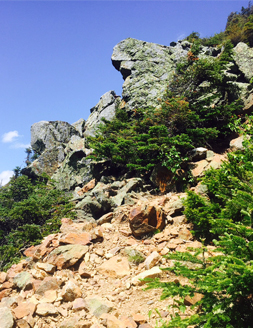
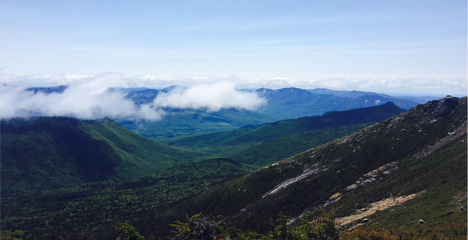
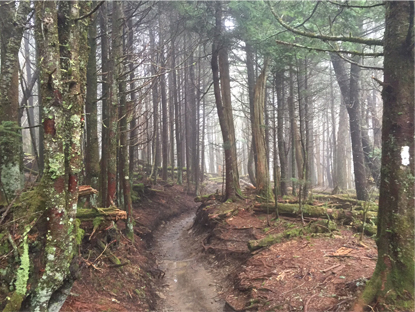
© 2015 The Texas Lawbook. Content of The Texas Lawbook is controlled and protected by specific licensing agreements with our subscribers and under federal copyright laws. Any distribution of this content without the consent of The Texas Lawbook is prohibited.
If you see any inaccuracy in any article in The Texas Lawbook, please contact us. Our goal is content that is 100% true and accurate. Thank you.
